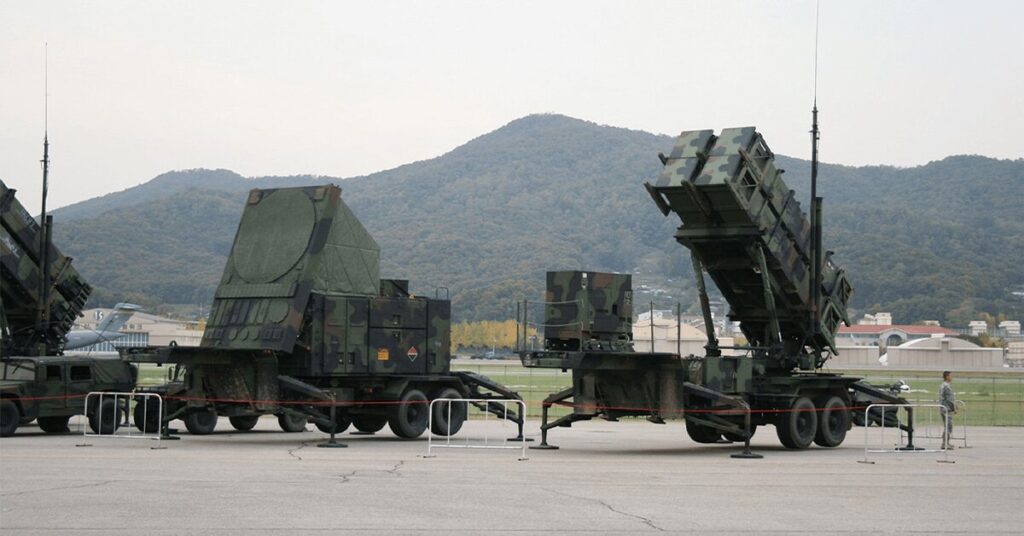The US State Department has approved the recertification of Kuwait for $400 million to sell the Patriot missile upgrade, the Pentagon said Thursday.
He said the main contractor will be RTX Corporation.
The agreement will include strengthening the stockpile of Kuwait’s Patriot PAC-2 Guidance Enhanced Missile Tactical (GEM) and Patriot Guidance Enhanced Missile Tactical (GEM-T) and showing key steps to maintaining the Gulf state’s air defense capabilities. Beyond surface-level trading, this development suggests deeper changes in Kuwait’s military strategy and an ongoing partnership with the US set against a complex regional background.
The process of upgrading and reauthenticating these patriot systems is much more complicated than simple adjustments. For Kuwait, that means ensuring missiles deployed decades ago remain operational and effective in modern threat environments.
Developed by Raytheon, now part of the RTX Corporation, the Patriot System has been the basis for air defense since its introduction in the 1980s. The PAC-2 variant that Kuwait relies on is primarily designed to intercept aircraft and cruise missiles, and GEM and GEM-T upgrades have improved their ability to counter tactical ballistic missiles.
The timing of this transaction raises questions beyond the usual rhetoric of regional instability. The Kuwait Patriot System, first acquired in the early 1990s following the Iraqi invasion, has been serving for over 30 years.
A 2013 Raytheon report states that the PAC-2 missile can be recertified to extend its operational lifespan from 30 to 45 years. This appears to be currently being implemented in Kuwait. Stockpiling aging requires caution, especially in desert climates where heat and sand can accelerate wear on electronic devices.
Also, logistics challenges loom on a large scale and maintaining a stable supply of spare parts for this old system is not a small feat, especially when production lines shift their focus to newer models such as the PAC-3 missile segment enhancement (MSE). The inclusion of DSCA’s “stopping and testing of stockpiling reliability” in the transaction underscores this concern and ensures that Kuwaiti’s weapons do not deteriorate to obsolescence.
However, it’s not just about maintenance. The $400 million investment reflects subtle pressure from Washington, lining Kuwait’s defenses with the US system and fostering interoperability in areas where American military presence is important.
Kuwait hosts thousands of US troops, whose air defense is a wider network of lynchpin, including bases such as Ali Al-Salem air force bases. The emphasis on “support from field service representatives, technicians, mechanics and other support personnel” suggests an ongoing American footprint, raising questions about Kuwait’s reliance on external expertise to operate these complex systems.
Source: Arab Weekly

